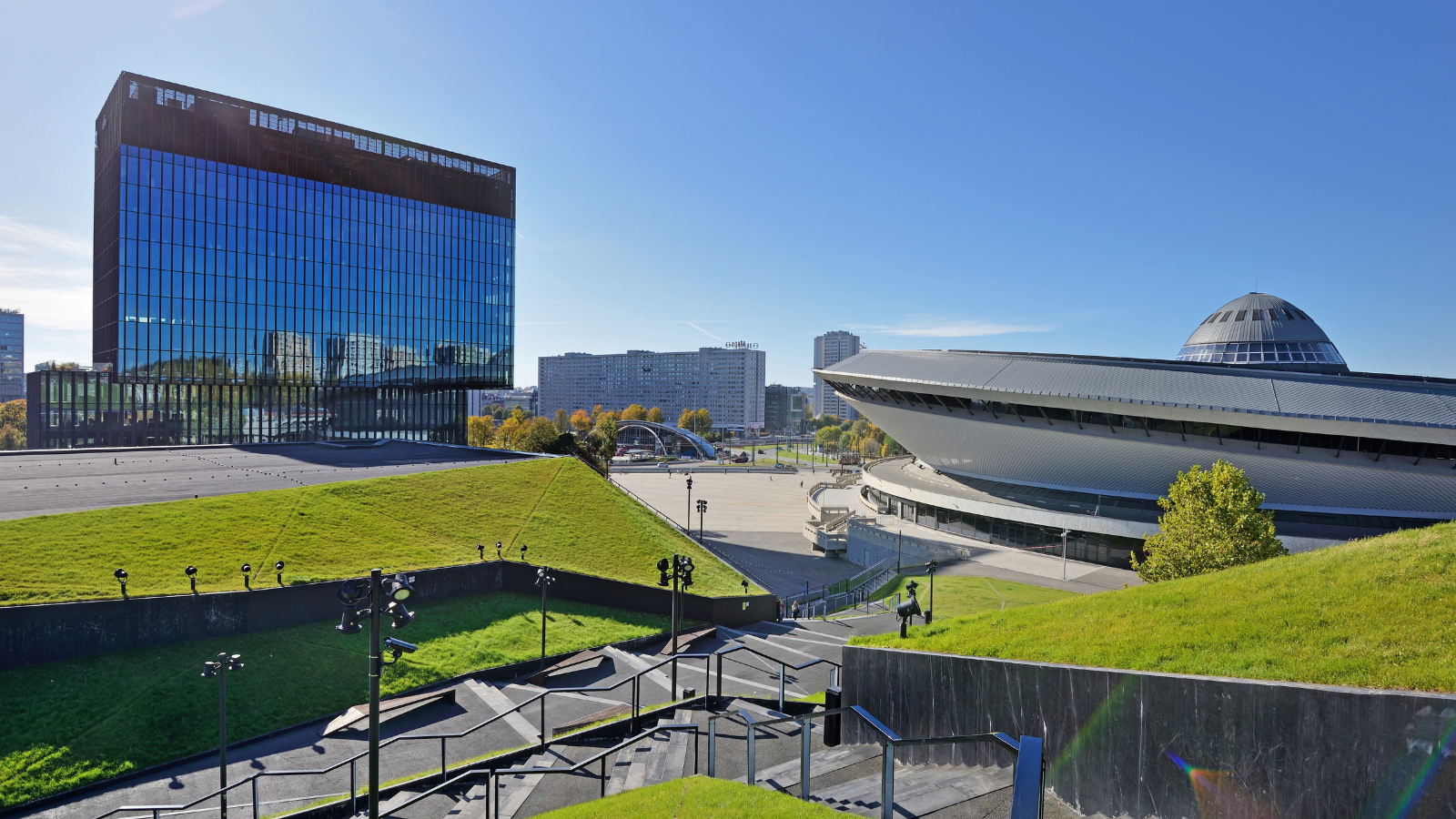WUF11: Transforming our Cities for a Better Urban Future
7 June 2022
The world’s future is undeniably urban. By 2050, 68 per cent of the global population will live in cities, up from 55 per cent today. Urban areas will absorb virtually all the world’s population growth, with every region expected to become more urbanised, some at an incredibly rapid pace.
Towns and cities generate 80 per cent of global GDP and provide our creative hubs and centres of innovation. But they also bear the brunt of every kind of crisis and are home to one billion urban poor living in informal settlements. It is therefore very important that we get cities right. But how exactly? What kind of cities are needed to ensure greater sustainability, equity, and shared prosperity in the future? What will those cities look like?

An Extraordinary Dialogue on Urban Crisis Recovery
These are the core issues that will be discussed at the Eleventh Session of the World Urban Forum (WUF11) in Katowice, Poland from 26 to 30 June, convened by UN-Habitat, the organisation I am privileged to lead, and co-organised with Poland’s Ministry of Development Funds and Regional Policy and the city of Katowice.
What better venue could there be than Katowice’s International Conference Centre for an event with the theme of ‘Transforming Our Cities for a Better Urban Future’? Built on the site of a former coal mine, it typifies how the city is evolving from being a major industrial centre established around coal and steel to becoming an innovator in cultural and technological innovation and the green economy.
With Katowice strategically located in Eastern Europe and with close ties to Ukraine, it is furthermore the right place – and the right time – to mobilise much needed support for urban crisis response in light of the dramatic events unfolding in the region. WUF11’s programme will therefore feature an extraordinary dialogue on urban crisis recovery and reconstruction, which will also reflect on how refugee crises, the climate emergency, pandemics, and social tensions caused by extreme inequalities, all converge in cities.
The new dialogue will at times overlap in content with the other six dialogues, which are: Equitable Urban Futures, Greener Urban Futures, Innovation and Technology, Future Urban Economy and Finance, Urban Planning and Governance, and Building Urban Resilience.
Inspiring and Thought-Provoking Events
The dialogues will sit alongside several other categories of events, namely:
- Networking events, which offer an opportunity to make global connections, share ideas and best practices, and establish foundations for future partnerships and relationships.
- Voices from Cities events, which present solutions to specific challenges confronting cities and typically hosted by local governments and citizen activists.
- SDGs in Action events, aiming to draw links between sustainable urbanisation and the Global Goals – ensuring that no one in cities is left behind. SDG localisation is a critical component of UN-Habitat’s New Urban Agenda.
- ONE UN events, with hosting restricted to UN agencies, funds, and programmes, aiming to tie the New Urban Agenda to the UN mandate and the Global Goals.
- The Urban Library, a space to launch a publication, research report, book, or any other new material about sustainable urbanisation, with events typically facilitated by the organisation behind the work.
- Training events are a platform for teaching skills, knowledge, tools, and methods to accelerate momentum towards sustainable urbanisation.
There is No Better Way to Decide on the Best Course of Action Than to Listen to Our Communities
Everyone at UN-Habitat is thrilled to be bringing the world together again to discuss improving our urban world. This will be my third WUF, and probably the biggest so far, with more than 10,000 people expected through the doors. The most popular part is often the Urban Expo, where exhibitors present their cutting-edge ideas and technology to answer the issues posed by housing, transport, energy, and pollution.
It is where representatives of national, regional, and local governments, academics, businesses, community leaders, and urban planners can mingle and swap views, insights, and information.
I know from my time as Mayor of Penang, and from a lifetime’s work committed to urban planning and development, that there is no substitute for exchanging ideas and listening to communities when you are deciding the best course of action for a city. The five days will therefore conclude with declared recommendations that representatives of government, civil society and the private sector take back to their home cities for further discussion and implementation.
But if the present is particularly difficult, I am unwaveringly positive that our common future will be made infinitely brighter through the sort of ingenuity, innovation and openness to new ideas that will be on display at the World Urban Forum. I look forward to seeing you in Katowice, Poland!
This article was first published by URBANET. You can access it here
